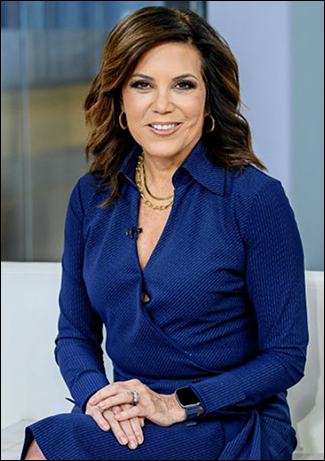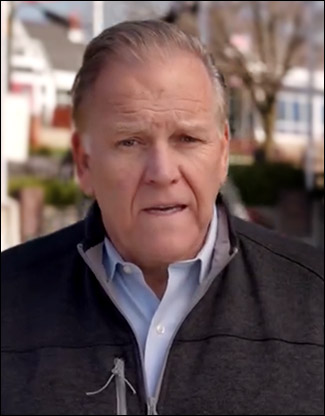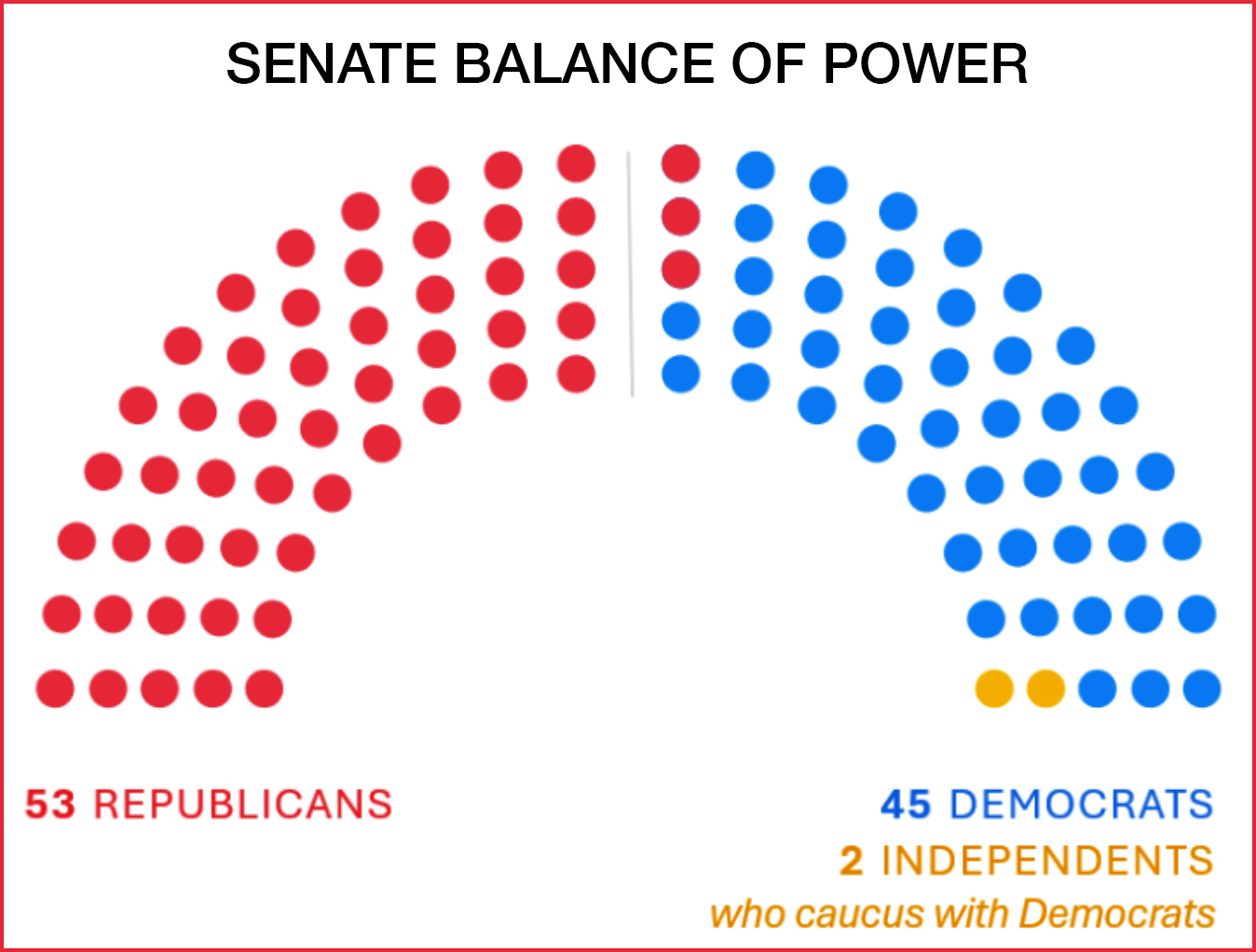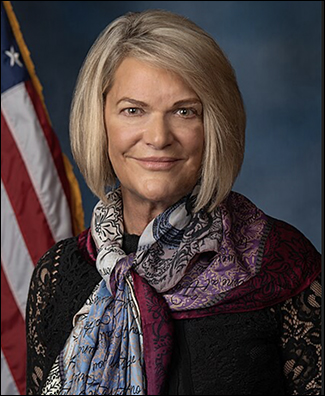By Jim Ellis — Wednesday, January 28, 2026
Senate
In every US Senate election cycle, it seems that a surprising race unexpectedly comes to national prominence, and one 2026 such campaign is already emerging.
In 2024, Independent Dan Osborn came from nowhere to battle Nebraska Sen. Deb Fischer (R), and for a long while it appeared he was close to pulling the upset of the year. In the end, Sen. Fischer won by six percentage points, and the Osborn surge fell short.The chief reason that Osborn, as an Independent, became a competitive threat was because the Nebraska Democratic Party agreed not to field their own candidate and the Democratic state convention delegates then endorsed the Osborn campaign. Serious national fundraising then caught fire.
Osborn’s original reported choice for the 2026 election cycle was to run in the highly competitive 2nd Congressional District, now an open seat with Rep. Don Bacon’s (R-Papillion/Omaha) retirement; but, the Democratic leadership would not commit to supporting him. The reason is simple: The eventual Democratic nominee has a strong chance of winning the seat. The state party leaders said, however, they would again support an Osborn Senate bid, this time against the state’s other Republican incumbent, Pete Ricketts.
In a poll conducted a month ago but just released this week, we again see Osborn performing very well in a Senate battle. According to the Lake Research Partners ballot test data (Dec. 11-17; 600 likely Nebraska voters; live interview), Sen. Ricketts’ lead is only one percentage point, 48-47.
In the 2024 race, Osborn clearly over-performed in polling. In the 19 polls released publicly during the election year, Osborn led in eight ballot tests, was tied in two, and only trailed Sen. Fischer by an average of 4.3 percentage points in the nine surveys where she held the advantage. The momentum turned Sen. Fischer’s way in the campaign’s closing days.
The question for 2026 is whether the closeness of the 2024 race was an anomaly or is Osborn a true threat to upset Sen. Ricketts? In reality, Osborn winning the statewide tally is still a long shot.
In the 2024 race, though Osborn came relatively close in the final vote (53.2 – 46.5 percent), Sen. Fischer still carried 89 of the state’s 93 counties. Osborn’s strength was obviously in the Omaha metropolitan area and in Lancaster County, which hosts the capital city of Lincoln and is home to the University of Nebraska.
In the 89 counties that she carried, Sen. Fischer recorded 66.4 percent of the vote. In the four counties where she lost, which accounted for 56.3 percent of the total votes counted, she trailed Osborn substantially, 56.7 – 43.0 percent.
Sen. Fischer, however, displayed weakness in the metro areas to a greater extent than the other Republican candidates on the same ballot. Therefore, the Osborn task against Sen. Ricketts will be much more difficult.
In those same four counties, Douglas, Lancaster, Sarpy, and Thurston, Sen. Ricketts pulled 50.1 percent in his special election to fill the balance of resigned Sen. Ben Sasse’s (R) term and carried both Sarpy and Thurston counties. In the 89 Republican counties, Sen. Ricketts recorded 78.7 percent of the vote, a performance 16 percentage points higher than Sen. Fischer’s total.
For his part, President Trump also outpolled Sen. Fischer. In the four counties she lost, President Trump recorded 46.9 percent (also carrying Sarpy and Thurston counties) and topped 75 percent in the 89 Republican counties.
While Osborn will have strong union support, the Nebraska Democratic Party behind him, and the ability to raise funds nationally, Sen. Ricketts, considering his strong 2024 Senate win and his 58.1 percent average vote tally in his two successful gubernatorial campaigns, is a clear favorite for re-election.
It will not be surprising to see closer than expected polling published in the coming months, as we have already seen with this December Lake Research Partners poll, but as we approach election day Sen. Ricketts will very likely pull away to win with a substantial victory margin.






